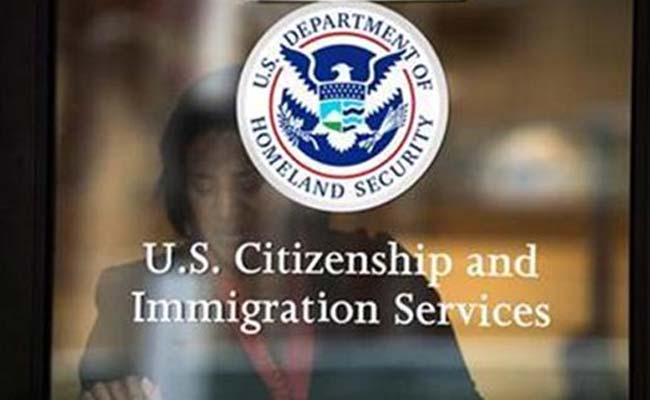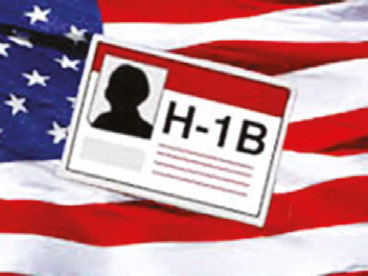
USCIS released a policy memorandum on March 31, 2017, Recession of the December 22, 2000 “Guidance Memo on H-1B computer related positions” to clarify its approach on computer programmer position and whether it qualifies as a specialty occupation, with an immediate effect.
The memo brings the position of computer programmers on the spot and cruises on the eligibility criteria. It specifies that a person may be employed as a computer programmer and may use information technology skills and knowledge to help an enterprise achieve its goal in the course of his/her job but it is not sufficient to establish the position as a specialty occupation. Hence, the petitioner now has an additional burden to establish that a particular position is one of the specialty occupation as defined by 8 CFR 214.2(h)(4)(ii).
Entry or senior level position: The 2000-01 edition described all programmers as sharing a fundamental job duty, i.e. writing and testing computer code and any individual with only an associate degree may enter these occupations. But the Memo now settles that it is improper to conclude on the above information that an individual will qualify for a specialty occupation.
Hence the memo concludes that a person may be employed as a computer programmer and may use information technology skills and knowledge to help an enterprise achieve its goals in the course of his/her job, but an additional evidence is required to establish the position of computer programmer is a specialty occupation.
Impact of the memo: The memo came out with an immediate effect and hence will have a substantial impact on petitioners filing as computer programmer for the H-1B CAP FY2018. There will be more scrutiny and request for evidence for this category.
U.S. Citizenship and Immigration Services (USCIS) also announced multiple measures to further deter and detect H-1B visa fraud and abuse on April 03, 2017.
Beginning April 3rd, USCIS will take a more targeted approach when making site visits across the country to H-1B petitioners and the worksites of H-1B employees. USCIS will focus on:
· Cases where USCIS cannot validate the employer’s basic business information through commercially available data;
· H-1B-dependent employers (those who have a high ratio of H-1B workers as compared to U.S. workers, as defined by statute); and
· Employers petitioning for H-1B workers who work off-site at another company or organization’s location.
Targeted site visits will allow USCIS to focus resources where fraud and abuse of the H-1B program may be more likely to occur, and determine whether H-1B dependent employers are evading their obligation to make a good faith effort to recruit U.S. workers.
USCIS will continue random and unannounced visits nationwide. These site visits are not meant to target nonimmigrant employees for any kind of criminal or administrative action but rather to identify employers who are abusing the system.
Employers who abuse the H-1B visa program negatively affect U.S. workers, decreasing wages and job opportunities as they import more foreign workers. To further deter and detect abuse, USCIS has established an email address which will allow individuals (including both American workers and H-1B workers who suspect they or others may be the victim of H-1B fraud or abuse) to submit tips, alleged violations and other relevant information about potential H-1B fraud or abuse. Information submitted to the email address will be used for investigations and referrals to law enforcement agencies for potential prosecution.





Be the first to comment